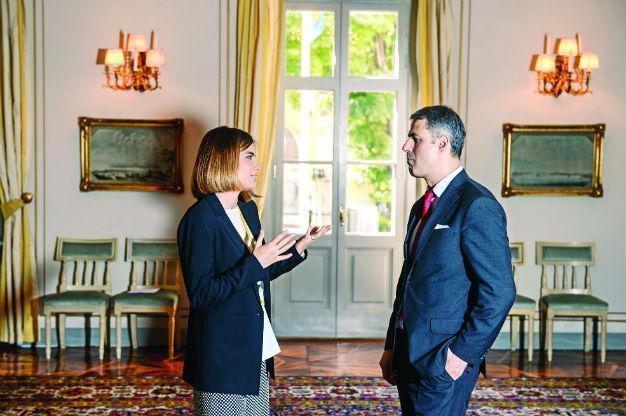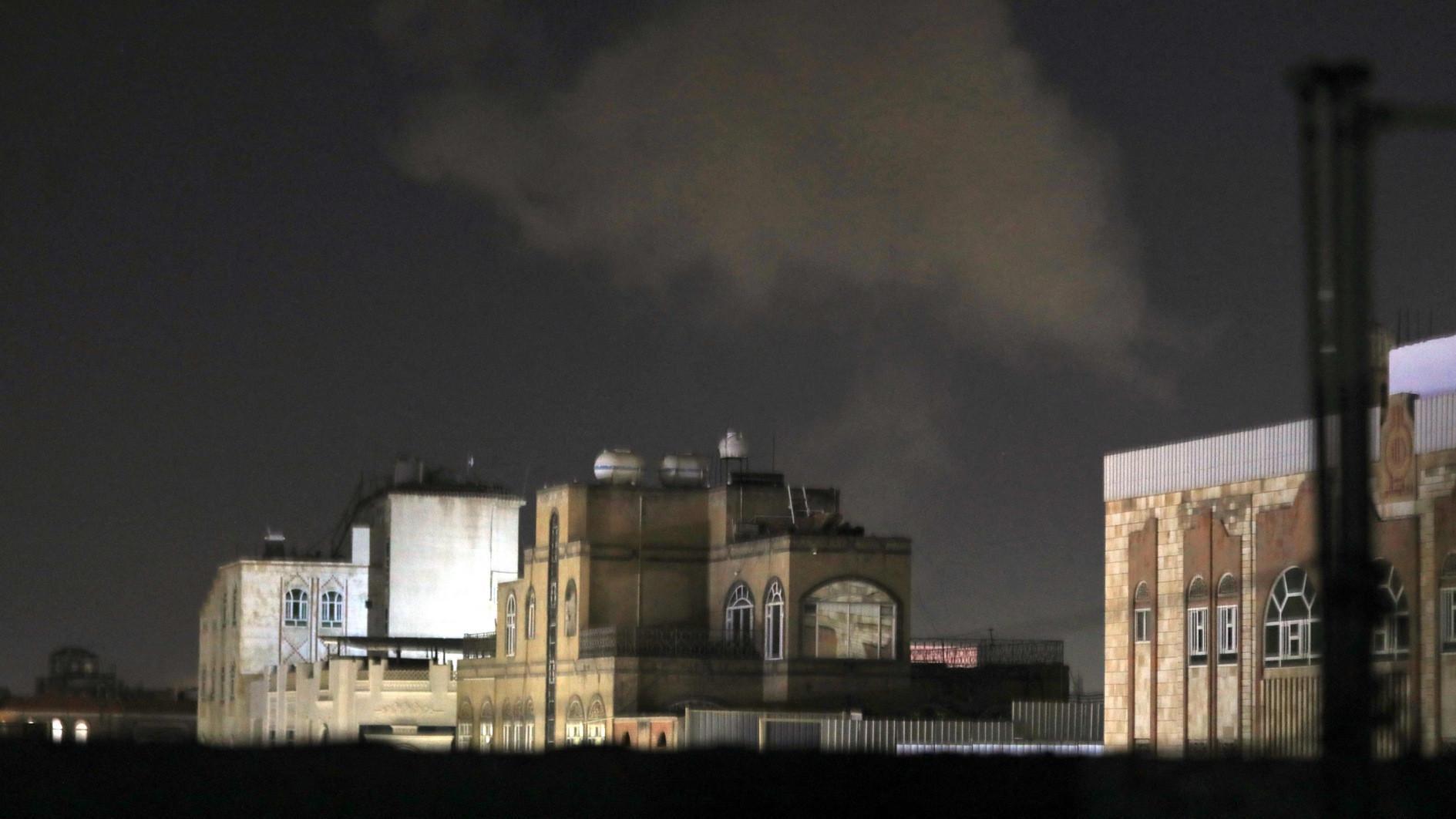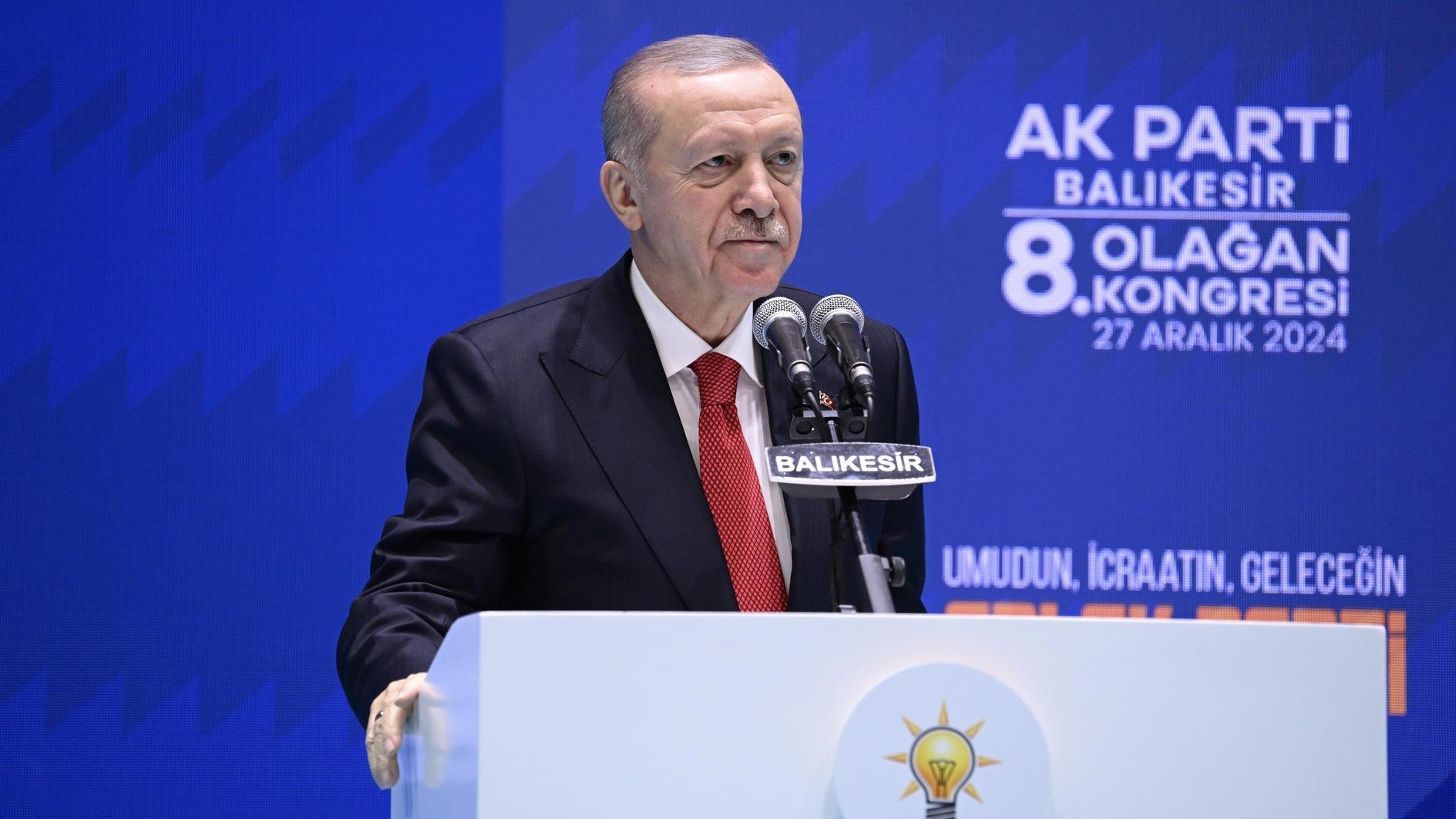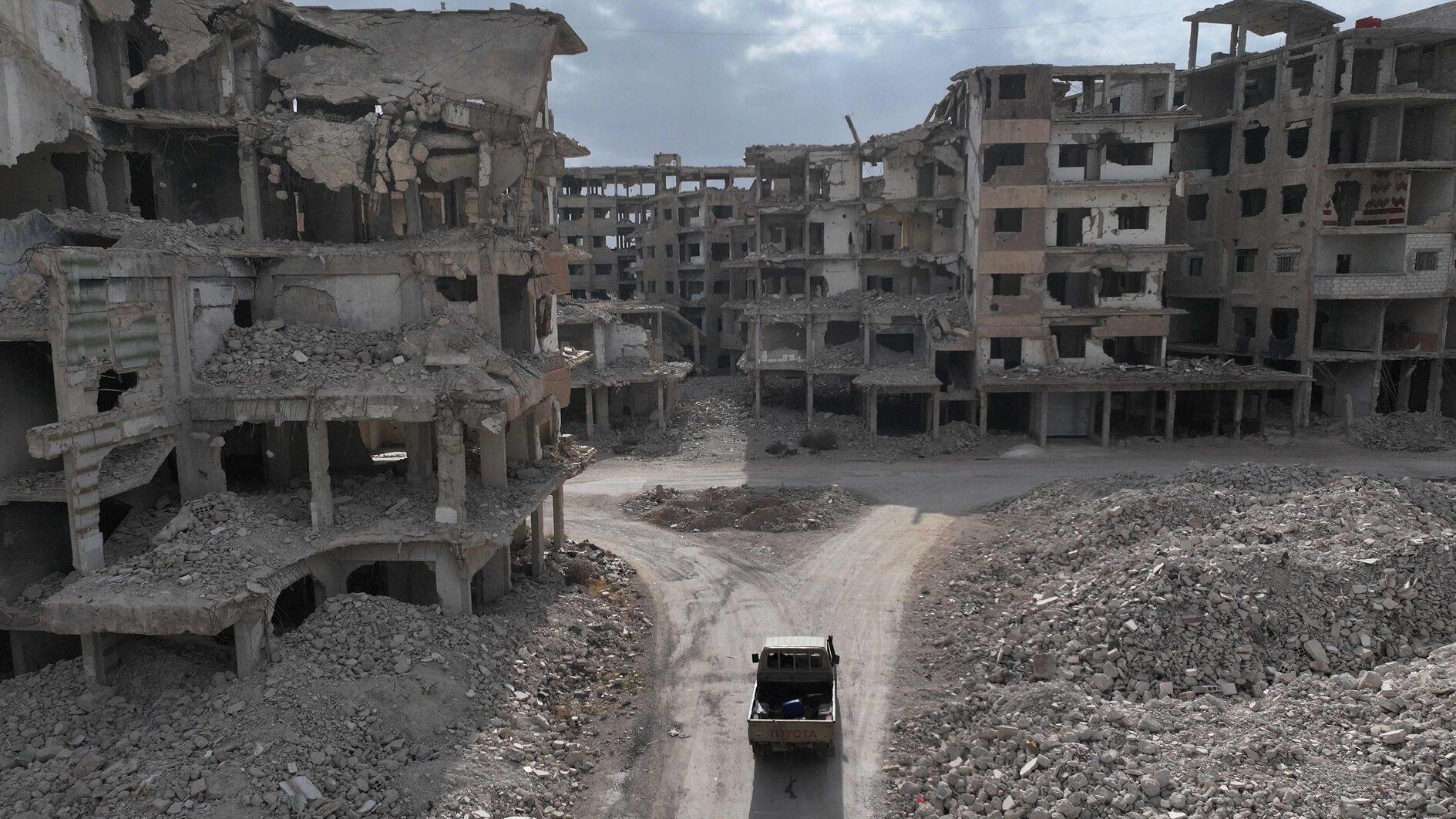Portrait of a Swedish energy minister from ‘powerless’ Turkish village
Merve Erdil - ISTANBUL
 İbrahim Baylan, originally from a remote village in Turkey’s southeastern province of Mardin, is today Sweden’s energy minister.
İbrahim Baylan, originally from a remote village in Turkey’s southeastern province of Mardin, is today Sweden’s energy minister.Describing his life story from Mardin to Sweden as a “wondrous journey,” the Syriac-origin Baylan spoke to Hürriyet in Istanbul about his life story and Sweden’s bid to become “fossil fuel-free.”
“I was born in a small village in Mardin. We didn’t have electricity or anything modern that you could see in Istanbul at the time, so going to Istanbul was always astonishing. The first time I saw things that were powered by electricity, the first time I saw a television, I was astonished. Everything was new, everything was exciting,” he said.
“So now I must say that being invited to a conference to talk about smart grids and smart cities is a little ironic! But it is also a testament of how wonderful life can sometimes be. If you had said to me back then that in 30 years I would be the energy minister of that country, coming to talk about smart cities and smart grids, I’d have said ‘Yeah, right,’” he added.
“Now, when we arrived back here I was quite touched to see how much things have changed. There are a lot of things happening in Turkey. In the village where I lived, they now have roads, the Internet, and everything you can expect from modern life,” Baylan Said.
His family moved to Sweden when Baylan was 10 years old and he was educated there.
“One of the best things for me was to be able to get the education I needed from the compulsory level up to university without paying any fees. I took that chance,” he said.
Today, he is spearheading Sweden’s ambitious push to eventually make its energy system fossil fuel-free.
“Most important is to have a very stable framework and stable long-term conditions. In the 1980s Sweden was very dependent on oil, and one of the sectors that was totally dependent on oil was the heating sector. Heating is of course very important for Sweden, especially in winter. But by introducing both a carbon tax and carbon pricing, and at the same time introducing incentives and support for alternatives, we managed to make the Swedish heating sector effectively independent of fossil fuels. The use of oil and coal is down to just 2-3 percent. We are beginning to phase it out,” Baylan said.
He stressed that although Sweden has the highest share of renewable energy in the transport sector in the EU, it is still only 18.5 percent.
“So we are now introducing new legislation and incentives. Next year we will introduce the so called ‘bonus-malus system’ for vehicles. People will get a bonus for having vehicles that are environmentally friendly and they will pay extra taxes for cars that are inefficient and use lots of gasoline and diesel. We are trying to have the right incentives, have carbon taxing, and also trying to increase our investments in infrastructure for alternative fuels such as biofuels, where Sweden has good access to bioenergy. Also when it comes to electric cars we see huge potential in the coming years,” he said.
Environmental friendly, competitive strategy
The Swedish economy has grown by 80 percent from 30 years ago, while its population has increased by 20-25 percent. But despite this, the country has managed to cut back on fossil fuel use dramatically.
“We have managed to decouple economic growth and the use of fossil fuels. This is not only an environmentally sound strategy, it is also one of the best strategies to make Swedish industry more competitive. The demand for clean technology and clean energy will only get bigger all over the world. So making Sweden a showcase to demonstrate that it is possible to be fossil fuel-free and still be a welfare society is not only morally right, we also see it as a very important economic strategy for Swedish society and Swedish industry,” Baylan said.
Regarding nuclear energy – which remains a hot topic in Turkey, where nuclear plants are under construction and due to go online in the coming years - Baylan said Sweden has 10 nuclear reactors today, which provide around 40 percent of the country’s energy. Four of these reactors will be decommissioned over the next five years due to age.
“We are discussing the future of the remaining six reactors ... There is a general consensus that there will be no new investments or private initiatives in new nuclear plants. That is because you would need a price that is four or five times higher than we have today for electricity. And you’d need it for 20-30 years and nobody can guarantee that. Especially not with the development we are seeing in renewables. This leaves us what to do with the nuclear plants that we have today, there is no party proposing to follow the German way of completely dropping nuclear energy. Our policy is to say that the question of nuclear plants that we have today, and how long they will remain in the system, will be up to the owners. We will not take any political decisions about decommissioning nuclear energy,” he said.
















